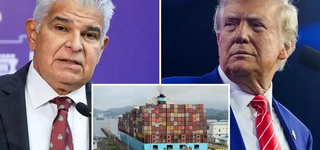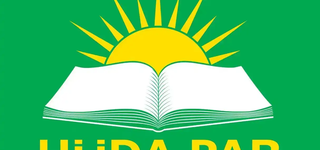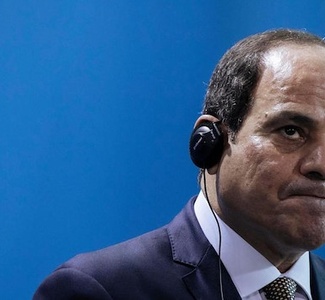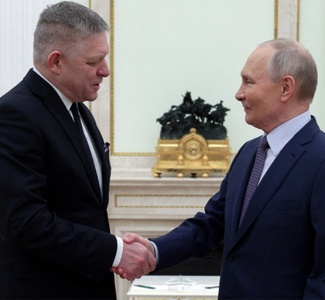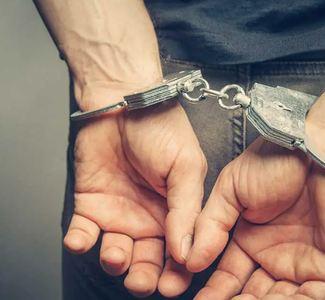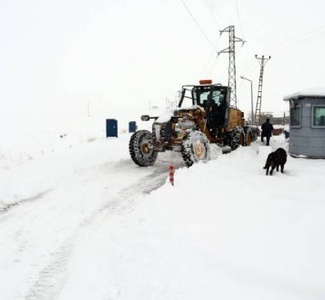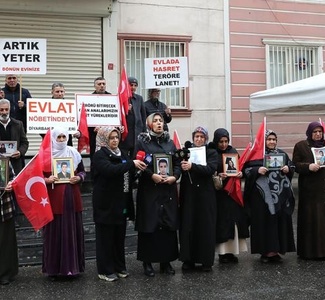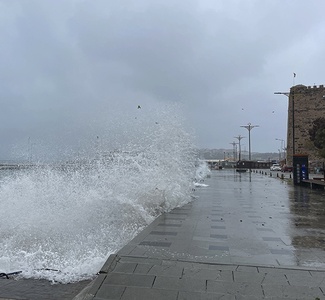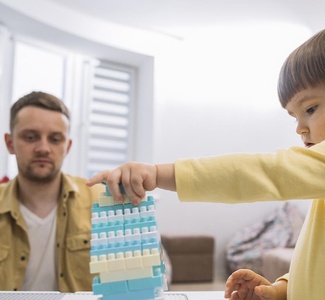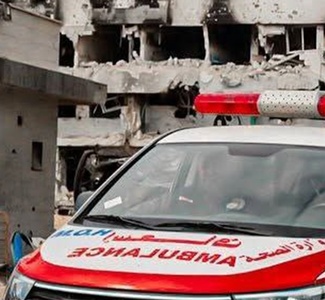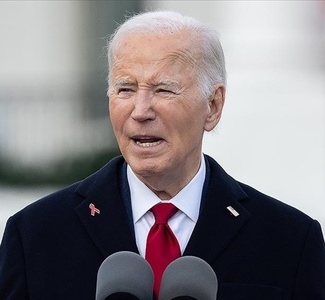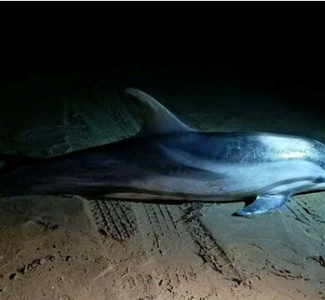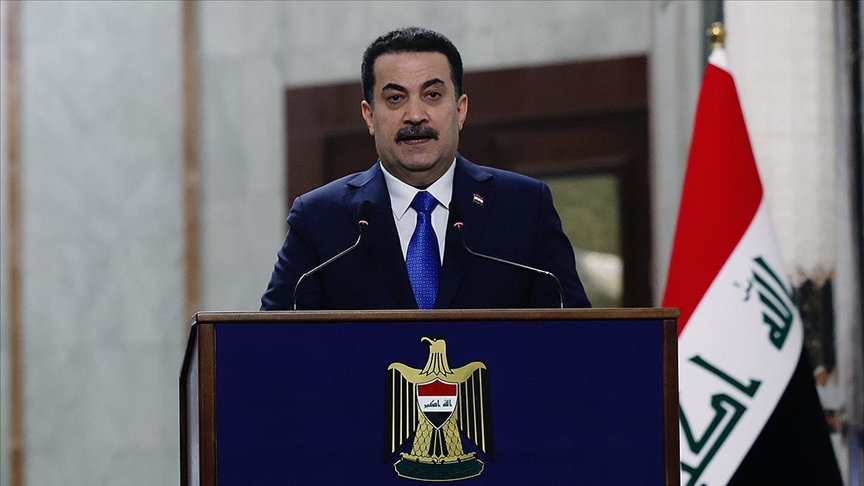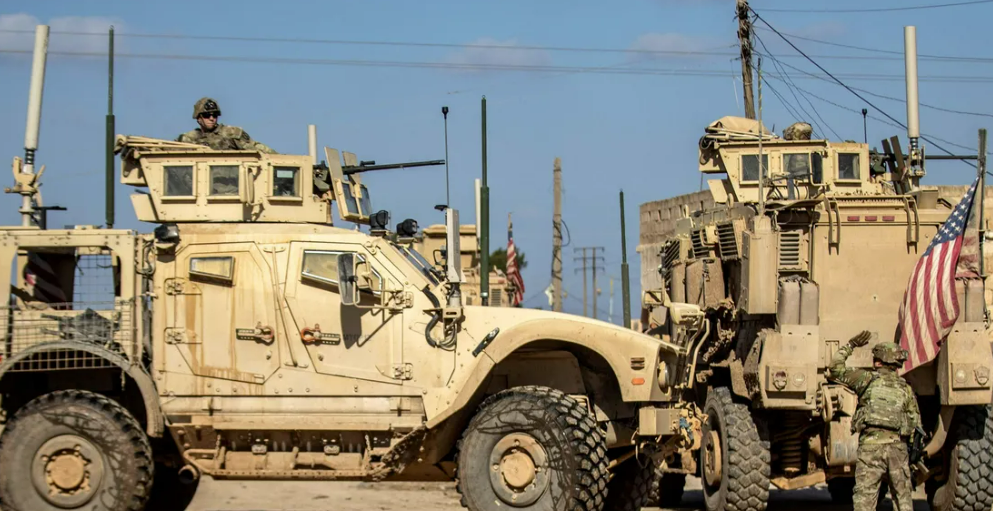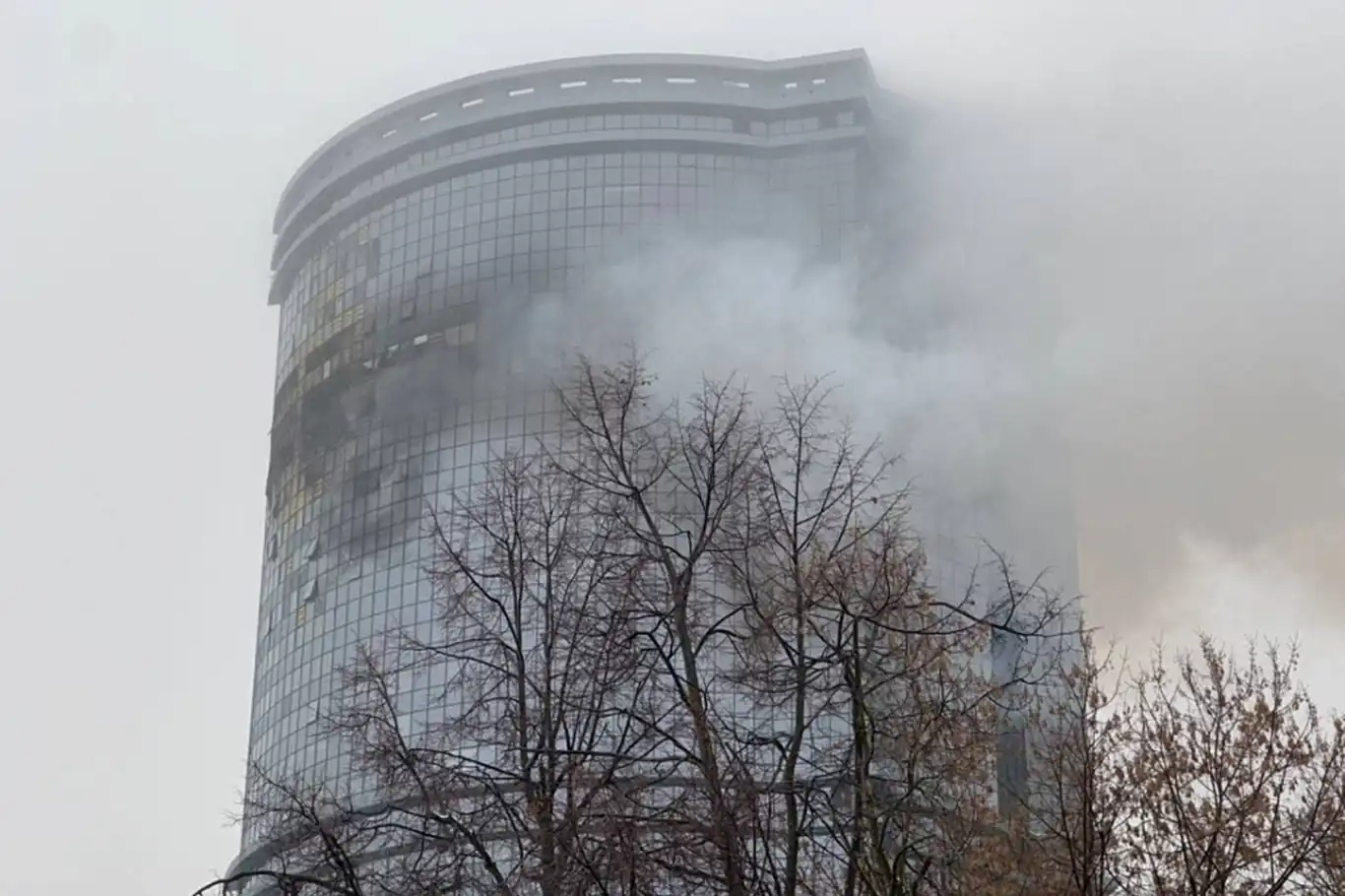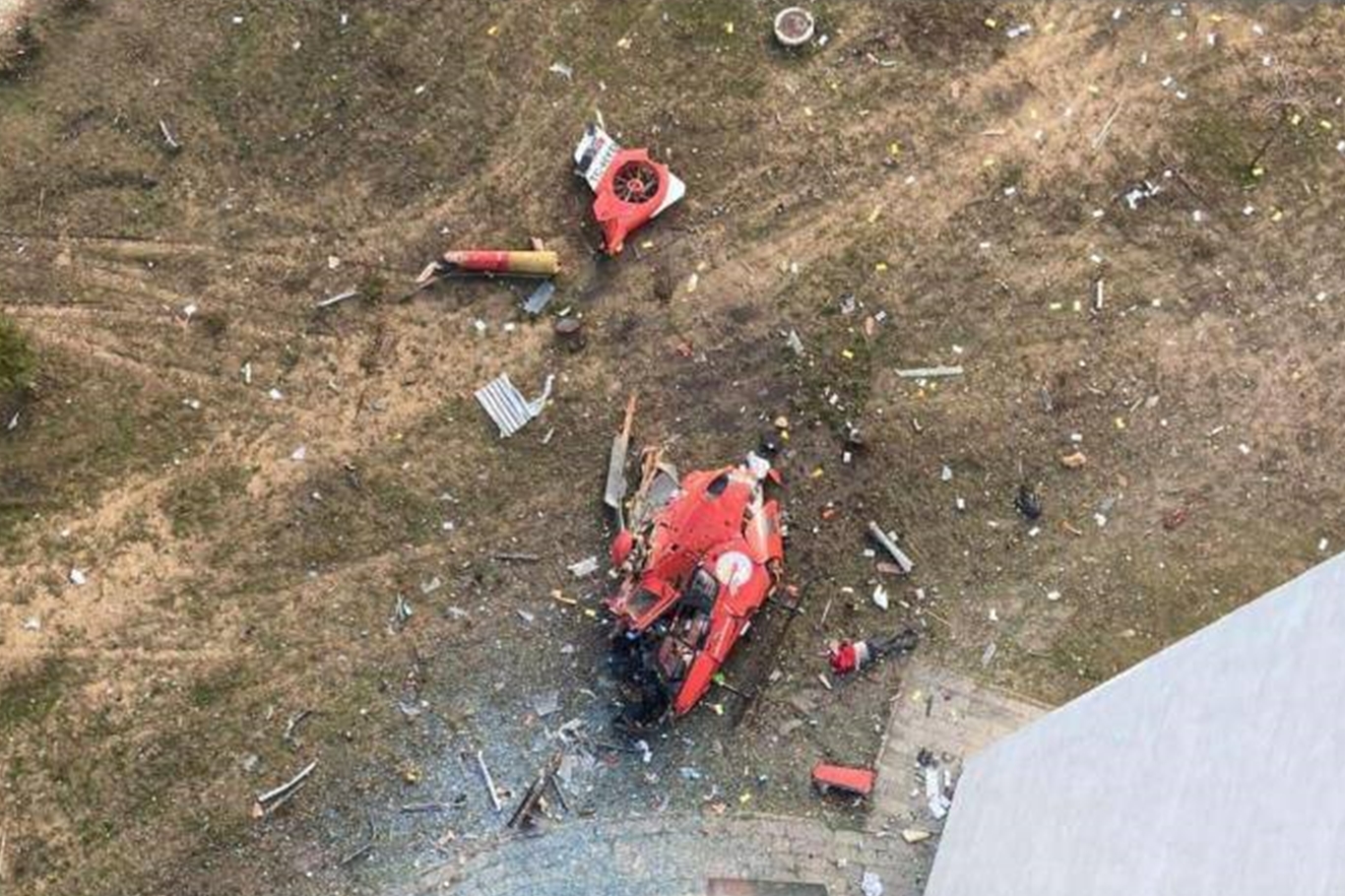Saudi regime should be held responsible for Khashoggi’s killing, human rights expert says
UN Special Rapporteur on extrajudicial killings Agnes Callamard expressed double shock at the death sentences handed down to five people in Saudi Arabia over the killing of the Saudi journalist Jamal Khashoggi, following a secretive trial.

 Google News'te Doğruhaber'e abone olun.
Google News'te Doğruhaber'e abone olun. "The executioners were found guilty and sentenced to death. Opposed to the death sentence, this is a first shock to me. However, those who ordered the executions not only walk free but have barely been touched by the investigation and the trial. This is the second shock. That is the antithesis of justice and an unacceptable lack of respect to the victims," said Agnes Callamard, the UN Special Rapporteur on extrajudicial, summary or arbitrary killings.
"Under international human rights law, the killing of Mr. Khashoggi was an extrajudicial execution for which the Kingdom of Saudi Arabia should be held responsible," the expert said. "This case demands an investigation into the chain of command to identify the masterminds, as well as those who incited, allowed or turned a blind eye to the murder, such as the Crown Prince," she said.
However, at no point did the trial consider the responsibilities of the State. "The 18 Saudi officials, present on their own in the Saudi consulate in Istanbul for more than 10 days, cleaned up the crime scene. This is obstruction of justice and a violation of the Minnesota Protocol for the investigation of arbitrary killings," Callamard said.
The presence of a forensic doctor enrolled in the official killing team at least 24 hours before the crime, and discussing the dismemberment of Mr. Khashoggi two hours before it actually occurred, also clearly indicates the killing was planned.
Callamard said the Judge appeared to conclude that Mr. Khashoggi's killing was an accident since there seemed to be no intent, but still he sentenced the defendants to the death penalty, in a clear violation to international human rights law. "The death penalty should only be imposed under the most stringent conditions for fair trial, one of which is applied to intentional murder," she said.
The expert also criticised the conduct of the hearings, which were held behind closed doors, even though none of the justifications for holding a trial in camera under international law applied.
Callamard said that the defendants had repeatedly stated during the hearings that they were obeying orders. The prosecutor publicly stated that Mr. Saud al-Qahtani, the Crown Prince's personal adviser, had demanded the abduction of Mr. Khashoggi on the grounds he was a threat to national security. However, he was not charged and remains free. The Consul of Saudi Arabia in Istanbul Mr. Mohammad al-Otaibi, who agreed for his Consulate and office to become a crime scene, was found not guilty.
"Impunity for the killing of a journalist commonly may reveal political repression, corruption, abuse of power, propaganda, and even international complicity; and all these elements are present in the Saudi Arabia killing of Mr. Jamal Khashoggi," the expert said.
In June 2019, Callmard published a report following a six-month investigation into the 2018 killing of Mr. Khashoggi. The report analyzed evidence on the basis of international human rights law, and considered steps that could have prevented his murder.
Assassination of Jamal Khashoggi
Khashoggi entered the Saudi Arabian consulate inIstanbul on 2 October 2018 to obtain documents related to his planned marriage, but no CCTV recorded him exiting. Amid news reports claiming that he had been dismembered with a bone saw inside the consulate, he was declared a missing person. Saudi Arabian and Turkish officials inspected the consulate on 15 October, during which Turkish officials found evidence that Khashoggi had been killed and that chemical experts had tampered with evidence.
On 20 October, 2018, the Saudi Foreign Ministry reported that a preliminary investigation showed that Khashoggi had died at the consulate while engaged in a fight, the first Saudi acknowledgement of Khashoggi's death.
In November, the CIA concluded that Saudi Crown Prince Mohammed bin Salman had ordered Khashoggi's assassination. News reports since early October (based on communication intercepted by the U.S.) had suggested that bin Salman had given direct orders to lure the journalist into the embassy, intending to bring him back to Saudi Arabia in an illegal extraordinary rendition.
On 15 November 2018, the Saudi Prosecutor's Office stated that 11 Saudi nationals had been indicted and charged with murdering Khashoggi and that five of the individuals who were indicted would face the death penalty, since it had been determined they were directly involved in "ordering and executing the crime". Prosecutors alleged that shortly after Khashoggi entered the Saudi Consulate in Istanbul he was bound and then injected with an overdose of a sedative that resulted in his death. The prosecutors also alleged that his body had been dismembered and removed from the consulate by five of those charged in the killing and given to a local collaborator for disposal. Saudi officials continued to deny that the Saudi Royal Family was involved in, ordered, or sanctioned the killing.
In March 2019, Interpol issued Red Notices for twenty people wanted in connection to the murder of Khashoggi.
The trial was conducted in secret with diplomats and Khashoggi family members permitted to attend but not speak. The court adhered to the official line that the killing was not premeditated. According to the Saudi prosecutors, ten people were questioned and then released due to lack of evidence against them. A total of 11 people were put on trial by the court. The court conducted ten hearings that were not open to the public. A few foreign diplomats were allowed to attend the hearings after swearing to secrecy. CNN reported that lack of public access made it impossible to understand how the court decided the verdict.
On 23 December 2019 five people were sentenced to death for carrying out Khashoggi's killing:
Fahad Shabib Albalawi
Turki Muserref Alshehri
Waleed Abdullah Alshehri
Maher Abdulaziz Mutreb, (intelligence officer)
Dr SALAH mohammed tubaigy, (a forensic doctor) from the Saudi interior ministry.
Three other defendants, unnamed as of 23 December 2019, were sentenced to a combined total of 24 years in prison. (ILKHA)





























